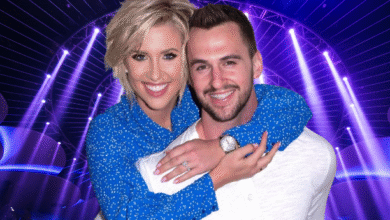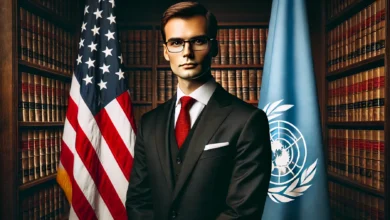Justin Timberlake Toxicology: Unpacking the Facts Behind the Headlines

In June 2024, pop sensation Justin Timberlake made headlines for a reason unrelated to his music or acting career: a driving while intoxicated (DWI) arrest in Sag Harbor, New York. The incident quickly spiraled into a media frenzy, with rumors about his toxicology report circulating online. However, many of these claims were based on misinformation. This article aims to clarify the facts surrounding the “Justin Timberlake toxicology” narrative, separating fact from fiction.
The DWI Arrest: What Happened?
On 18 June 2024, Justin Timberlake was arrested in Sag Harbor after allegedly running a stop sign and exhibiting signs of intoxication, including bloodshot eyes, a strong odor of alcohol, and unsteady movements. He was driving a 2025 BMW and had just left a dinner at the American Hotel. Timberlake reportedly told officers he had consumed one martini and was following friends home. After failing a field sobriety test and refusing a breathalyzer, he was charged with DWI and released without bail.
The Toxicology Report: Separating Fact from Fiction
Following the arrest, rumors began circulating on social media platforms like X (formerly Twitter) and Threads, claiming that Timberlake’s toxicology report showed traces of substances such as MDMA (commonly known as Molly), poppers, Truvada (a medication used to prevent HIV), and cocaine. These claims were widely shared but were later debunked. Reuters confirmed that the allegations originated from a parody account and were not based on credible sources.
The Legal Outcome: Plea Deal and Public Apology
In September 2024, Timberlake pleaded guilty to a lesser charge of impaired driving in exchange for a plea deal. As part of the agreement, he was sentenced to 25 hours of community service and fined $500. He also had his driver’s license suspended, which impacted his ability to drive across state lines due to New York’s laws. In court, Timberlake expressed remorse, acknowledging his poor judgment, and urged the public to avoid driving after drinking.
The Role of Media Sensationalism
The rapid spread of misinformation highlights celebrities’ challenges in the digital age. While Timberlake’s arrest was a legitimate news story, the unfounded rumors about his toxicology report were a product of sensationalism. This incident underscores the importance of verifying information before sharing it and the responsibility media outlets have to report accurately.
The Impact on Timberlake’s Career and Public Image
Despite the controversy, Timberlake has continued to focus on his career. He resumed his “Forget Tomorrow” world tour, although it was briefly interrupted due to health issues, including a back injury and respiratory problems. The incident also led to a resurgence of his 2001 Budweiser commercial advocating responsible drinking, which some fans found ironic in light of the arrest.
Conclusion
The “Justin Timberlake toxicology” narrative is a cautionary tale about the dangers of misinformation. While the DWI arrest was a real event, the exaggerated claims about his toxicology report were unfounded. It’s essential to approach such stories critically and rely on credible sources for information. Timberlake’s experience underscores the importance of responsible media consumption and the impact of rumors on public figures.
FAQs About Justin Timberlake’s DWI Arrest and Toxicology Report
1. Did Justin Timberlake’s toxicology report show traces of illegal substances?
No, reports claiming that Timberlake’s toxicology report showed traces of MDMA, poppers, Truvada, and cocaine were based on misinformation from a parody social media account.
2. What was the outcome of Justin Timberlake’s DWI arrest?
Timberlake pleaded guilty to a lesser charge of impaired driving, resulting in 25 hours of community service, a $500 fine, and a suspension of his driver’s license.
3. How did the media handle the rumors about Timberlake’s toxicology report?
Many media outlets initially reported on the rumors without verification. However, once the misinformation was debunked, some outlets issued corrections, and discussions about media responsibility ensued.
4. Has Timberlake addressed the rumors about his toxicology report?
Yes, Timberlake’s legal team and public relations representatives have denied the claims, emphasizing that they are baseless and originated from a parody account.
5. What can we learn from this incident?
This situation highlights the importance of verifying information before sharing it, especially in the age of social media, and the potential harm that misinformation can cause to individuals and their reputations.



